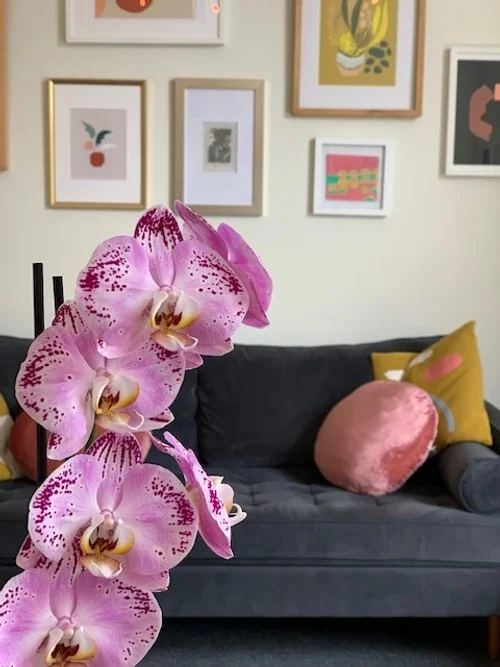
A creative and integrative approach to therapy
Why we started CAP
After practicing therapy for almost 20 years in the New York City area we’ve learned a few things about the barriers to getting good therapy. The process of choosing a therapist can be daunting and many people don’t know what to look for. We believe in transparency in this process.
Why Should You Consider CAP Therapy?
What makes CAP Therapy different from other group practices?
You can go to therapy and find it helpful—no one disputes that. But you could also go to therapy, and it can change your life. There's a significant difference between working with someone trained in multiple modalities and who can engage you experientially, helping you not just understand yourself but actually feel a change. Most people cannot make meaningful changes from insight alone. Experiential therapy helps us understand on an embodied level how we feel, what we might be missing, and how we want to feel.
How Do Therapists Learn to Work Experientially?
Therapists learn to work experientially by training experientially. All of our clinicians receive weekly supervision, including individual and group sessions, as well as experiential learning workshops. We also support our clinicians in participating in continuing education to learn new ways of working. A good therapist has good training behind them. A great therapist never stops learning and never stops challenging their beliefs and biases to help each individual client where they are.
Can Anyone See A Therapist At CAP?
Within our practice, we believe we can find the best therapist to fit your needs. We offer various styles and price points to serve our diverse clientele. But what is most important to us is that you feel you have the best match. Sometimes that means referring outside of CAP to our vast network of excellent providers we trust and we are happy to that as well.
“We help sensitive, thoughtful people heal through a deeply creative and body-based approach to therapy. If talk therapy hasn’t worked for you in the past, you might feel more at home here.”
How therapy can help you.
Therapy can help you know yourself better by understanding your behaviors and patterns (learn what you do). It can increase your insight, allowing you to uncover the underlying reasons behind those behaviors (learn why you do what you do). Therapy fosters self-compassion and acceptance, helping you to embrace yourself fully and recognize your worth (have compassion for yourself). Therapy supports you in living more mindfully in the present moment, enhancing your sense of agency and control over your own life. Through these processes, therapy empowers you to make meaningful changes, build healthier relationships, and lead a more fulfilling life.

“The quality of your life ultimately depends on the quality of your relationships.”
“Psychotherapy is a cyclical process from isolation into relationship. It is cyclical because the patient, in terror of existential isolation, relates deeply and meaningfully to the therapist and then, strengthened by this encounter, is led back again to a confrontation with existential isolation.”


